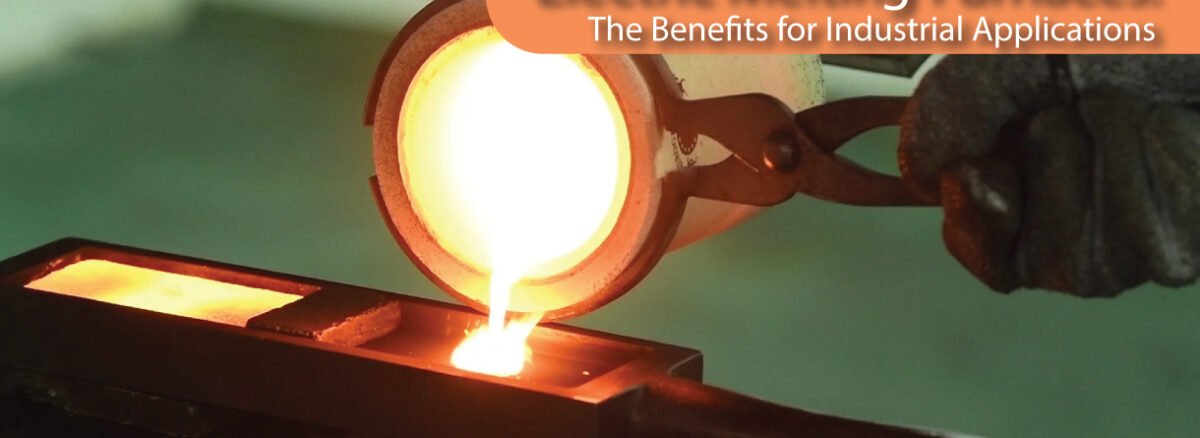Electric melting furnaces have been gaining popularity in recent years due to their many advantages over other types of furnaces. These furnaces use electrical energy to generate heat, which is then used to melt metals and other materials. They are widely used in the foundry industry and other industrial applications, where they offer numerous benefits that can improve efficiency, productivity, and cost savings.
In this blog post, we will explore the benefits of using an electric melting furnace for industrial applications.
Energy Efficiency
One of the most significant benefits of using an electric melting furnace is its energy efficiency. Unlike other types of furnaces that rely on fossil fuels, such as natural gas or oil, electric melting furnaces use electricity to generate heat. This means that almost all the electrical energy is converted into heat, with very little waste. This results in lower energy consumption and lower operational costs.
Furthermore, electric melting furnaces do not produce exhaust gases, which can waste heat and energy. Instead, they use the heat generated by the electrical resistance to melt the materials. This makes them more efficient than other furnaces that rely on combustion and exhaust gases.
Precise Temperature Control
Another benefit of electric melting furnaces is their precise temperature control. They use digital controllers to maintain the desired temperature with high accuracy, resulting in better product quality and consistency. Precise temperature control is essential in many industrial applications, where the melting temperature needs to be carefully controlled to prevent overheating, material loss, or other defects.
Easy to Operate
Electric melting furnaces are easy to operate and require minimal training. They can be operated remotely, which increases productivity and reduces labor costs. Their digital controllers make it easy to monitor and adjust the melting process, and they can be programmed to perform various functions automatically. This allows operators to focus on other tasks while the furnace is melting the materials.
Clean and Environmentally Friendly
Electric melting furnaces are also clean and environmentally friendly. They produce no harmful emissions or pollutants, making them a clean and safe option. They do not require fuel or other consumables, which reduces waste and eliminates the need for hazardous material disposal. This makes them a more environmentally friendly option compared to other types of furnaces that rely on fossil fuels.
Fast Melting
Electric melting furnaces can melt metals and other materials quickly, reducing cycle time and increasing productivity. They can melt a wide range of materials, including aluminum, copper, brass, and steel. Their high melting rates result in faster production cycles and reduce operational costs.
Low Maintenance
Electric melting furnaces require minimal maintenance, making them a cost-effective option. They do not have moving parts or combustion chambers, which reduces the need for repairs and replacement parts. This results in reduced downtime and maintenance costs, and longer lifespan compared to other types of furnaces.
Conclusion
Electric melting furnaces offer a range of benefits for industrial applications. They are energy-efficient, environmentally friendly, easy to operate, and require minimal maintenance, making them a great investment for any industrial operation. They also provide precise temperature control, fast melting rates, and clean and safe operation, which can result in improved efficiency, productivity, and cost savings.
If you are looking for a furnace that offers these benefits, an electric melting furnace may be the right choice for you. Contact your local supplier or manufacturer to learn more about the different types of electric melting furnaces available and which one is best for your specific needs.
In conclusion, electric melting furnaces provide a range of benefits that make them a popular choice for industrial applications. Their energy efficiency, precise temperature control, ease of operation, cleanliness, fast melting rates, and low maintenance requirements make them an excellent investment for any industrial.

